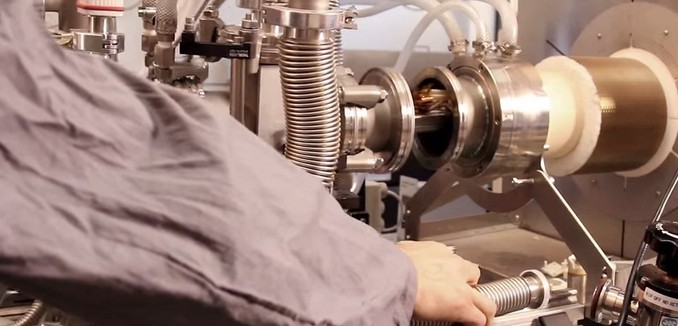Heavy industries generate a lot of heat and emit a lot of CO2 to the atmosphere. An Israeli startup, NewCO2Fuels (NCF) turns these two streams of waste into profitable products and recently won an award and two major grants for its innovation.
For millions of years, plant life has been turning water and carbon dioxide (CO2) into energy. Today, many entrepreneurs are copying natural photosynthesis to find a good use for the dangerously excessive CO2 in our air. But these solutions aren’t widely adopted by industry without government incentives to offset their cost.
NCF has developed a technology that transforms industrial water and CO2 waste into a hydrogen-carbon monoxide synthetic gas or syngas for short. That syngas is then turned into profitable products such as liquid fuels, plastics and fertilizer.
It’s not only an attractive business model but also sustainable, as the conversion process is fueled by concentrated solar energy or byproduct heat from the industries themselves.
“There are a lot of industries using high-temperature heat to produce things like steel, glass and cement, by burning fossil fuel,” explains CEO David Banitt. “They waste a lot of heat and emit a lot of CO2 to the atmosphere. We take these two streams of waste and turn them into profitable products.”
This unique advantage explains why the three-year-old company is so hot right now.
NCF won the only international prize in the corporate energy category at the 2014 World Technology Network Awards in New York, in association with Fortune and TIME. And the Australian government recently chose NCF syngas as one of 18 fuels of choice for the coming five decades.
The 15-person company has won a grant from the US Department of Energy for a collaboration with Alstom Power and Illinois Clean Coal Institute, as well as grants from the Israeli ministries of energy and economy, and a $1 million grant from BIRD (Binational Industrial Research and Development) Foundation — one of only five projects selected in 2014 to receive funding under the BIRD Energy program.
Banitt has described the process his company has pioneered as “reverse combustion.”
[Photo: NewCO2Fuels / YouTube]




